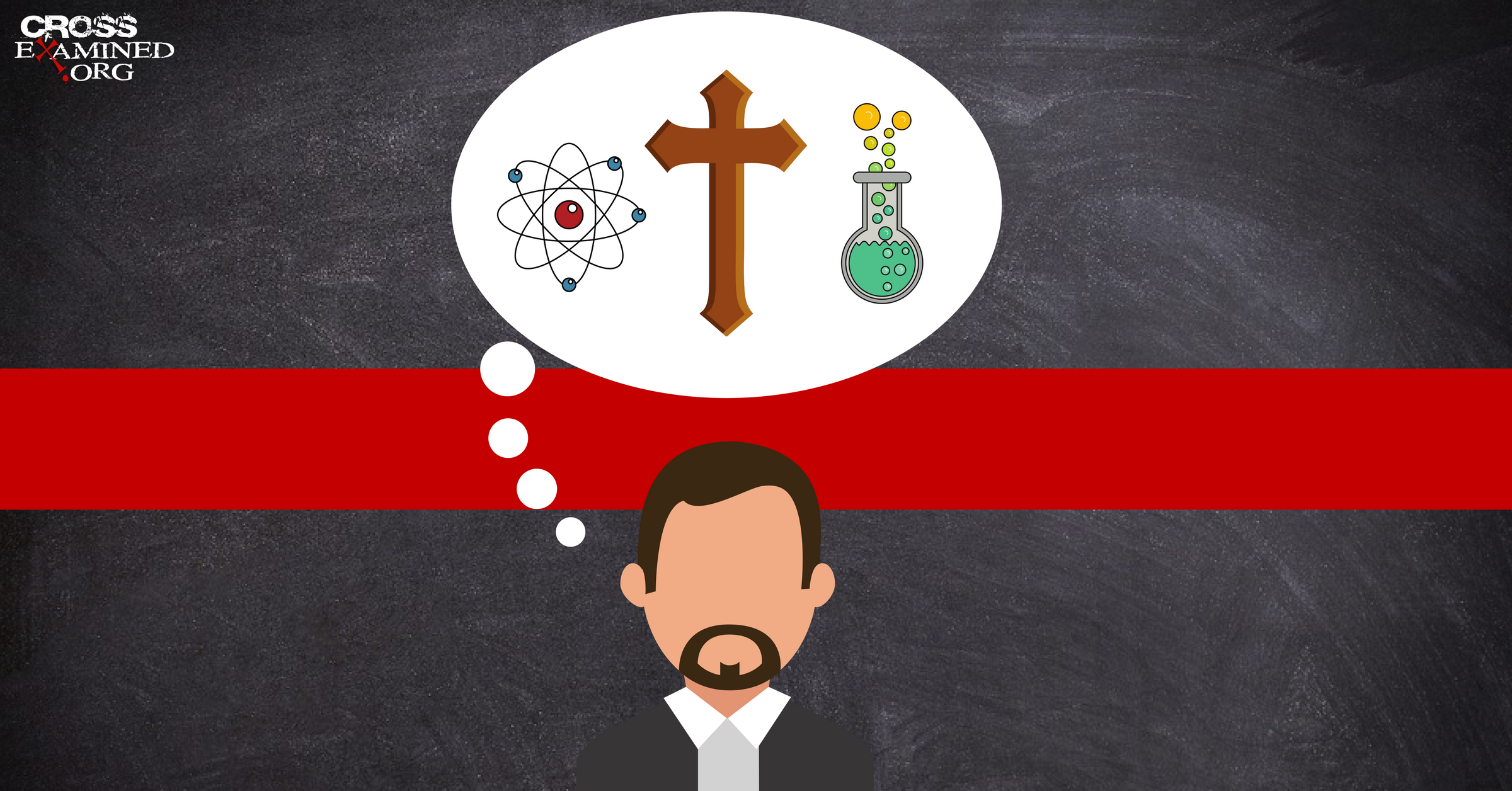In this post I will address one last argument in this series of objections from Randy. You can find part 1 here, part 2 here and part 3 here.
Randy presents an atheological argument which he calls “the full version of the Argument from Evil” and says:
1. God is omnipotent and omnibenevolent.
2. Omnipotence and omnibenevolence imply the nonexistence of evil.
3. Evil exists (via internal criticism, taken from the moral framework of omnibenevolence, I do not believe it really exists).
4. Either God is not omnipotent or he is not omnibenevolent.
5. God, not having one of those two properties and both being necessary for his existence, God does not exist.
This argument does not include the possibility of defending free will (which I do not believe exists since it is completely irrelevant). Let me explain: the defense of free will is that God, by giving us free will, we choose to do good or evil. My answer would be that God can make us omnibenevolent and we would not do evil, just as he himself is omnibenevolent and only does good, and if “free will” prevents that from being true, then does God not have free will? And if not, why is it so important that we have it? In other words, God could have made us omnibenevolent, but he could not, in that case he would not be omnipotent, or he did not want to, and in that case he would not be omnibenevolent, because then we would choose to do evil. In any case, it is logically impossible to escape from this dichotomy.
Once again, greetings from Cuba.
Randy, I agree with (1) and (3) of your argument, so there is nothing to argue about here.
The main problem with your argument is (2), since there are countless responses to this premise, I will just direct you to those resources that show that this premise is false. You can read a complete response here . So, in short, I can say that (2) is false because there is no explicit contradiction between the propositions:
a. God (who is omnibenevolent and omnipotent) exists
AND
b. Evil exists.
If the atheist believes that both propositions are mutually exclusive, then he must show some hidden or implicit premises that make this contradiction appear, but he does not bother to present them. Therefore, the logical problem of evil does not prove that there is any inconsistency between God and evil. [1]
Since there is no reason to think that God and evil are logically incompatible, we can say that (4) is false, so (5) no longer follows from the premises.
Now let’s go to your objections to the defense of free will:
This argument does not allow for the defense of free will (which I do not believe exists since it is completely irrelevant).
I think it’s pretty clear that from the premise that something is irrelevant it doesn’t follow that it doesn’t exist.
My answer would be that God can make us omnibenevolent and we would do no wrong, just as he himself is omnibenevolent and only does good…
Oh, Randy, but the problem is that omnibenevolence (or perfect goodness) is an artifact unique to God. As Dr. Craig explains:
A morally perfect being would completely approach the divine nature. He would be worthy of worship. Therefore, he would be God. But God is, necessarily, uncreable. He necessarily exists in and of himself . So God could not create another God, a replica, so to speak, of himself. [2]
Given this response, someone may be tempted to mention Adam, but in Christian theology, Adam is not morally perfect, but morally innocent before the Fall.
…and if “free will” prevents that from being true, then doesn’t God have free will? And if not, why is it so important for us to have it?
I think God does have free will, but there are different versions of free will. The kind of free will I subscribe to is libertarian, which says that to have free will is to be free from causal determinism outside of yourself, the choice is up to you, it is not determined by causal factors outside of you. In the case of God, he is free in that sense because there are no causal factors outside of him.
Conclusion
In the end, Randy, your argument against the existence of God based on the problem of evil is not strong enough to deal with the objections I have presented: there is no logical contradiction between omnibenevolence/omnipotence and the existence of evil, just as your objections to the defense of freedom are not so good. [3]
Grades
[1] For a case against these supposed hidden premises see: https://youtu.be/4Q5zQC2BEVY?t=976 (accessed November 10, 2019).
[2] https://reasonablefaith.org/writings/question-of-the-week/could-god-create-a-morally-perfect-being-with-free-will (accessed November 7, 2019).
[3] For an extensive defense of free will, see Alvin Plantinga’s God, Freedom, and Evil .
Jairo Izquierdo is a member of the Social Media team and an author for the Christian organization Cross Examined . He studies philosophy and theology, with his current focus being classical logic, epistemology, Christian doctrines, and philosophy of language. He is co-founder of Filósofo Cristiano . He is a member of the Christian Apologetics Alliance and a worship director at the Christian Baptist church Cristo es la Respuesta in Puebla, Mexico.



